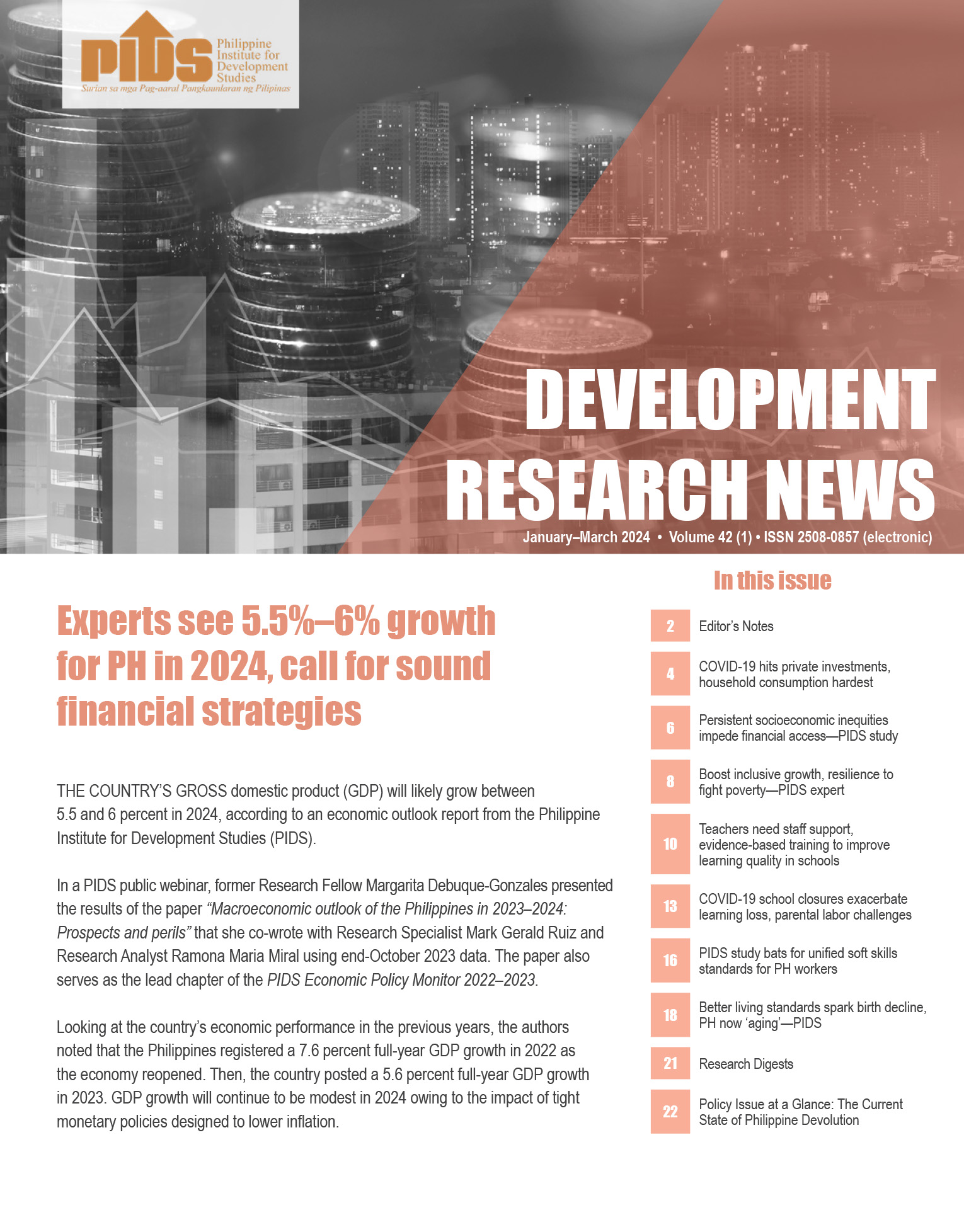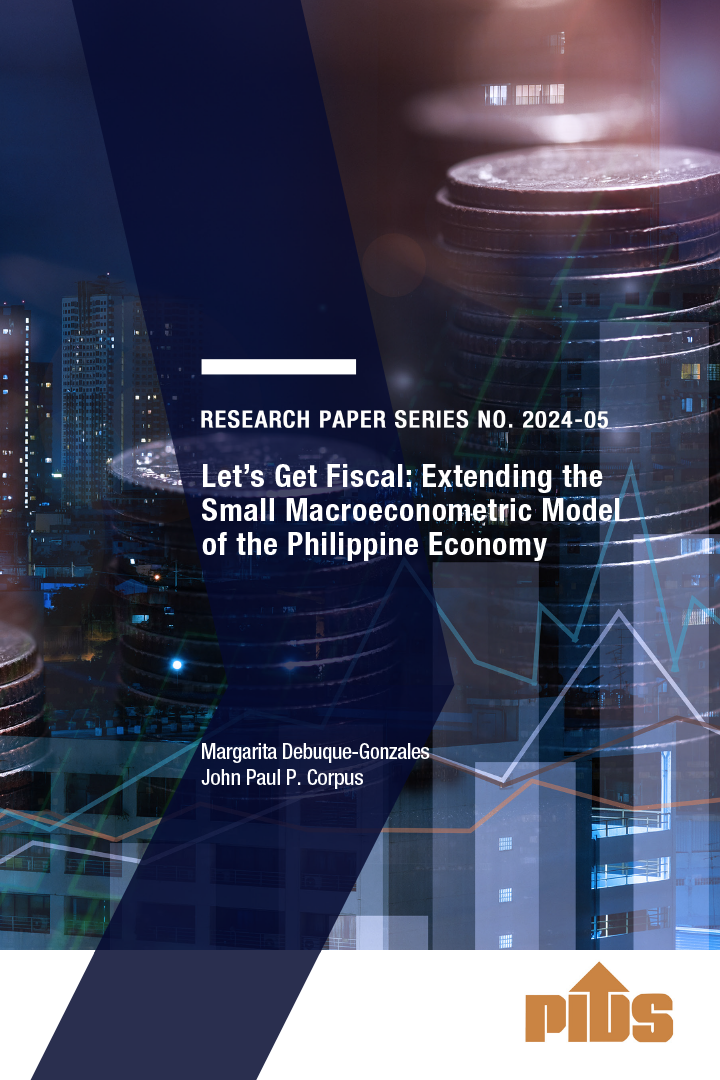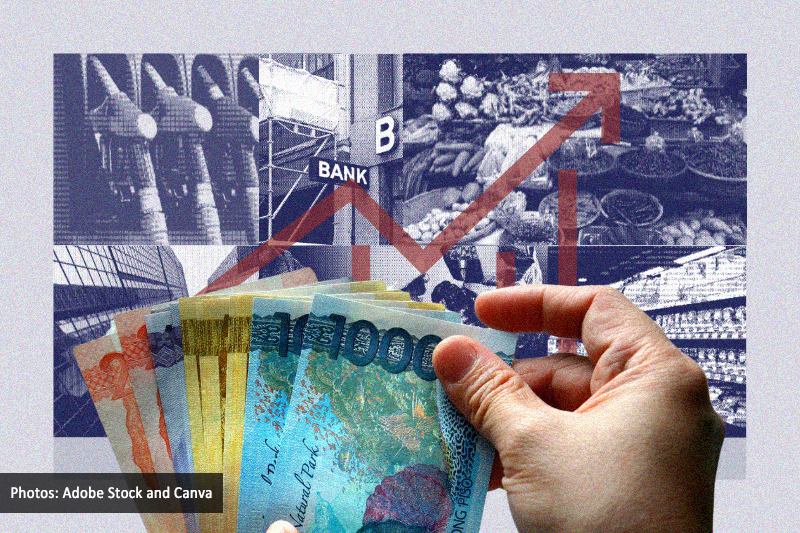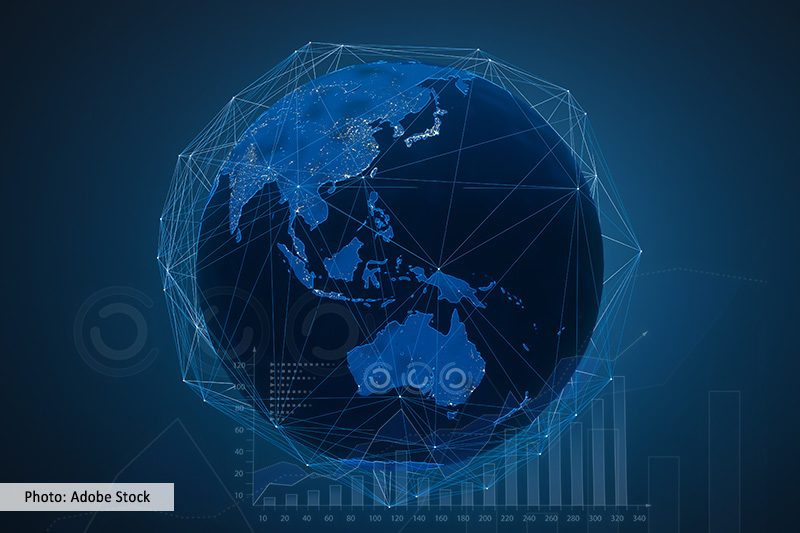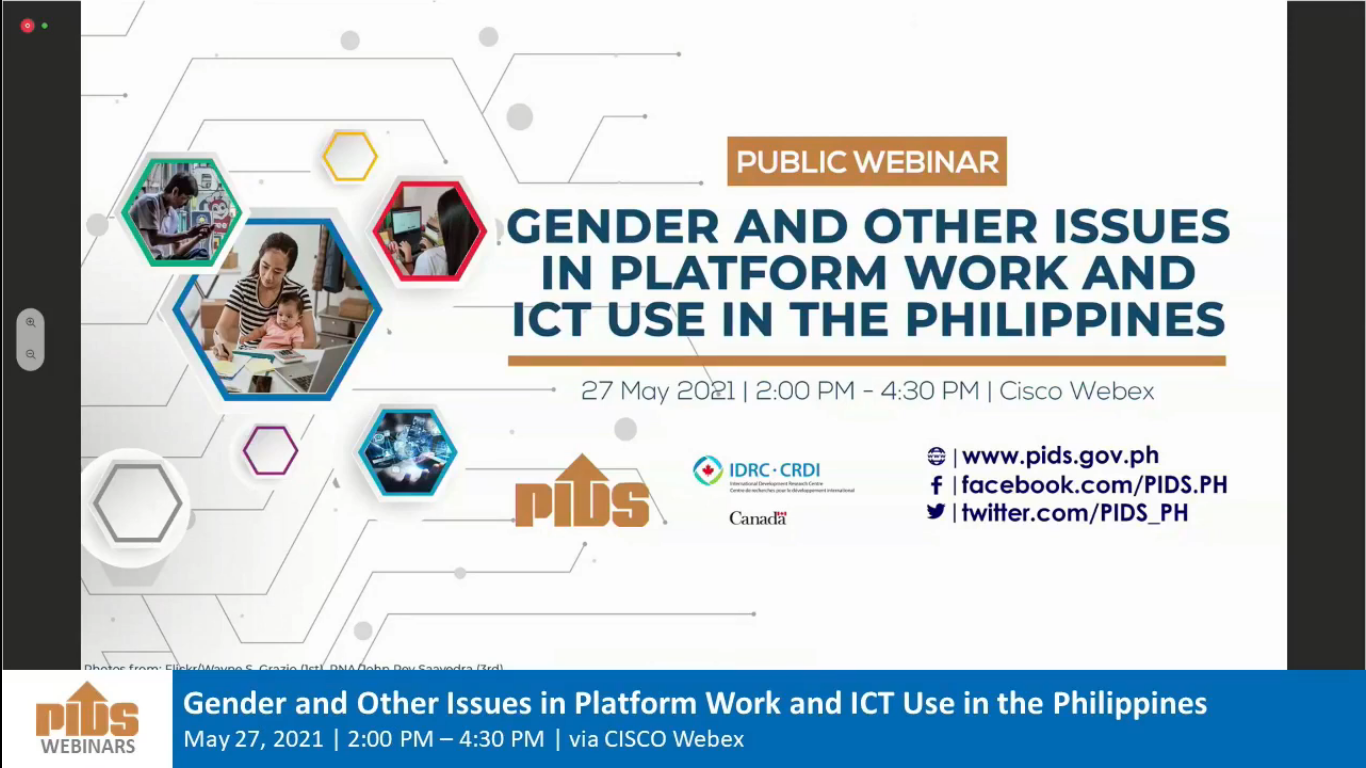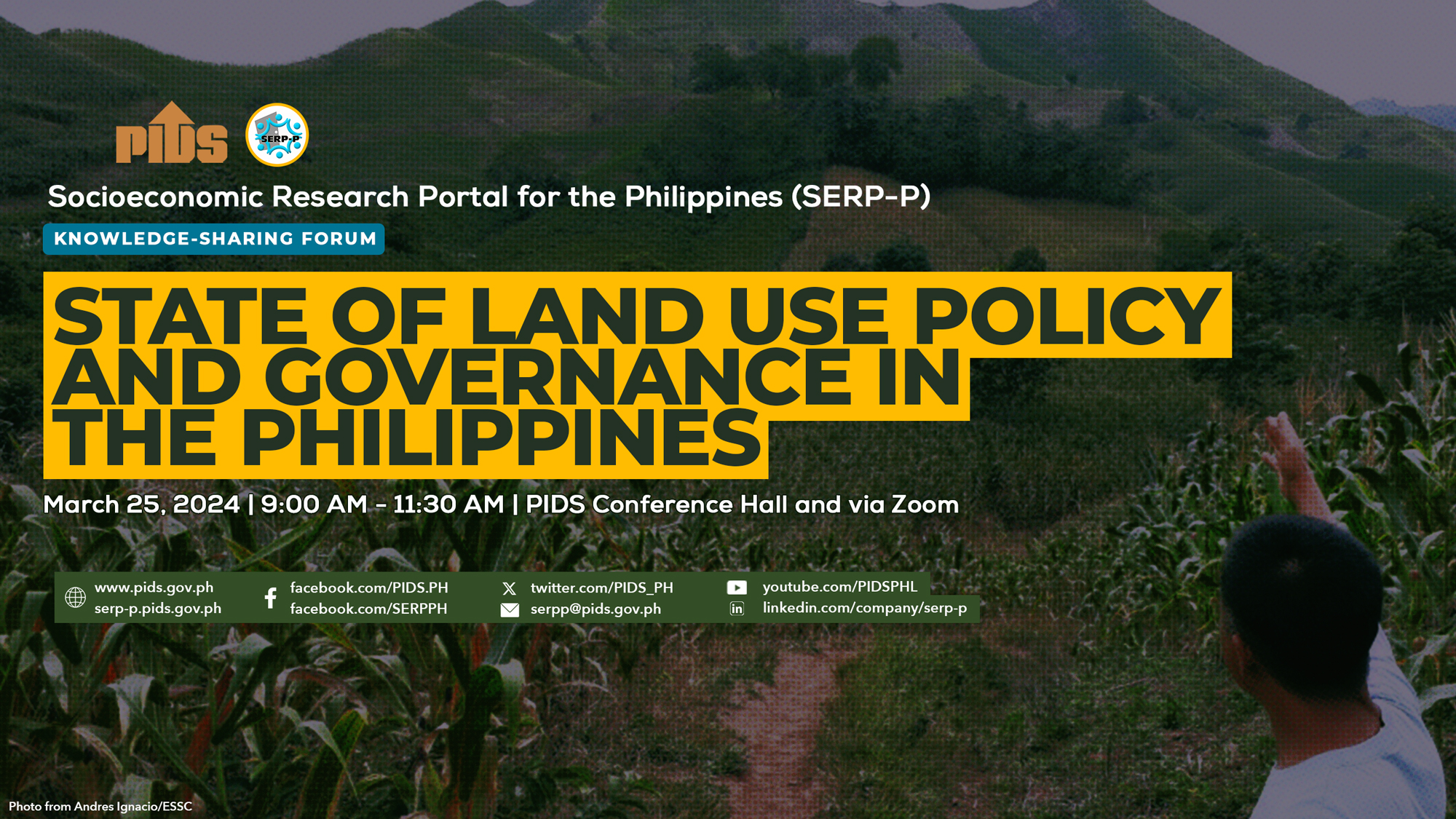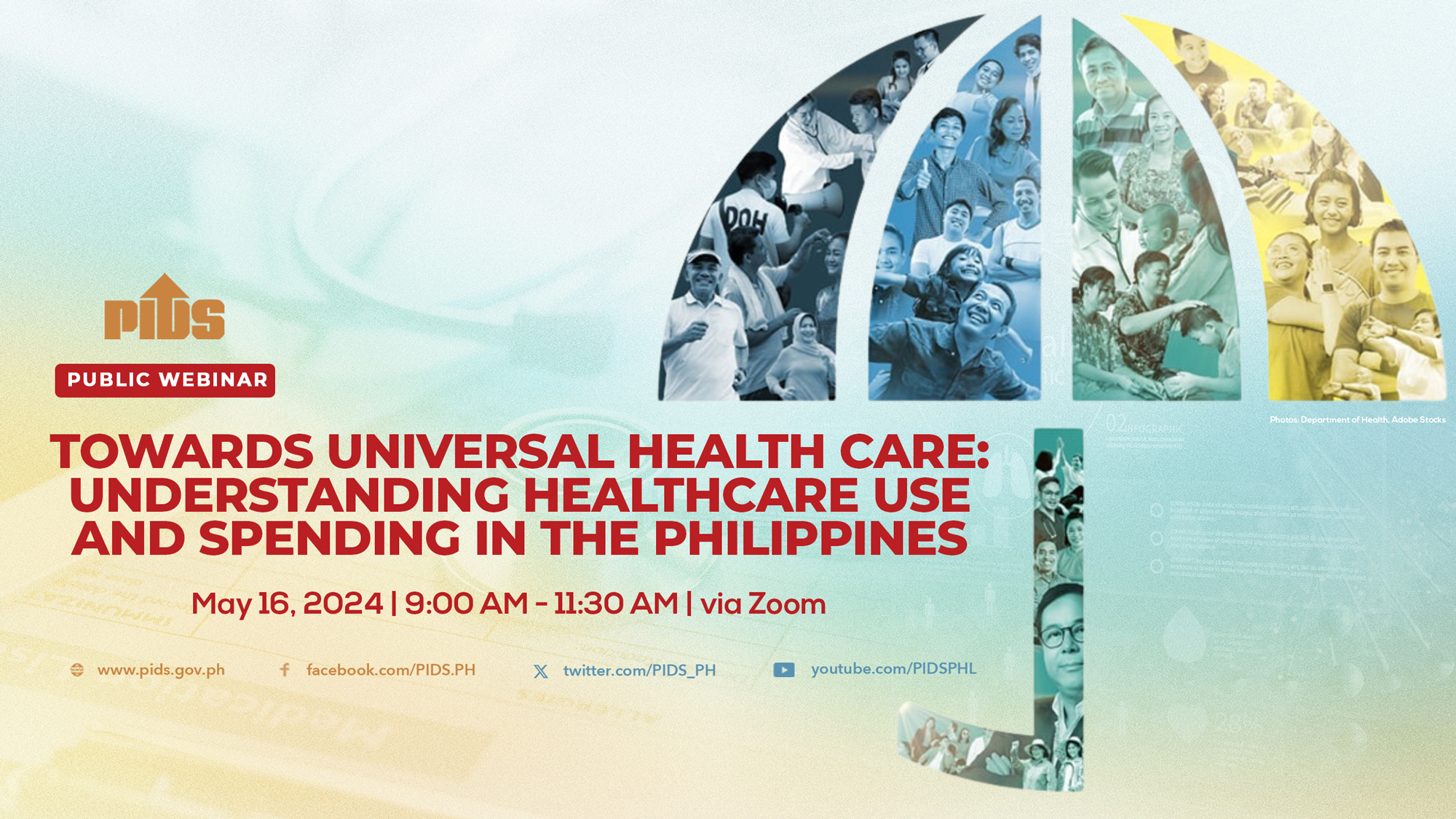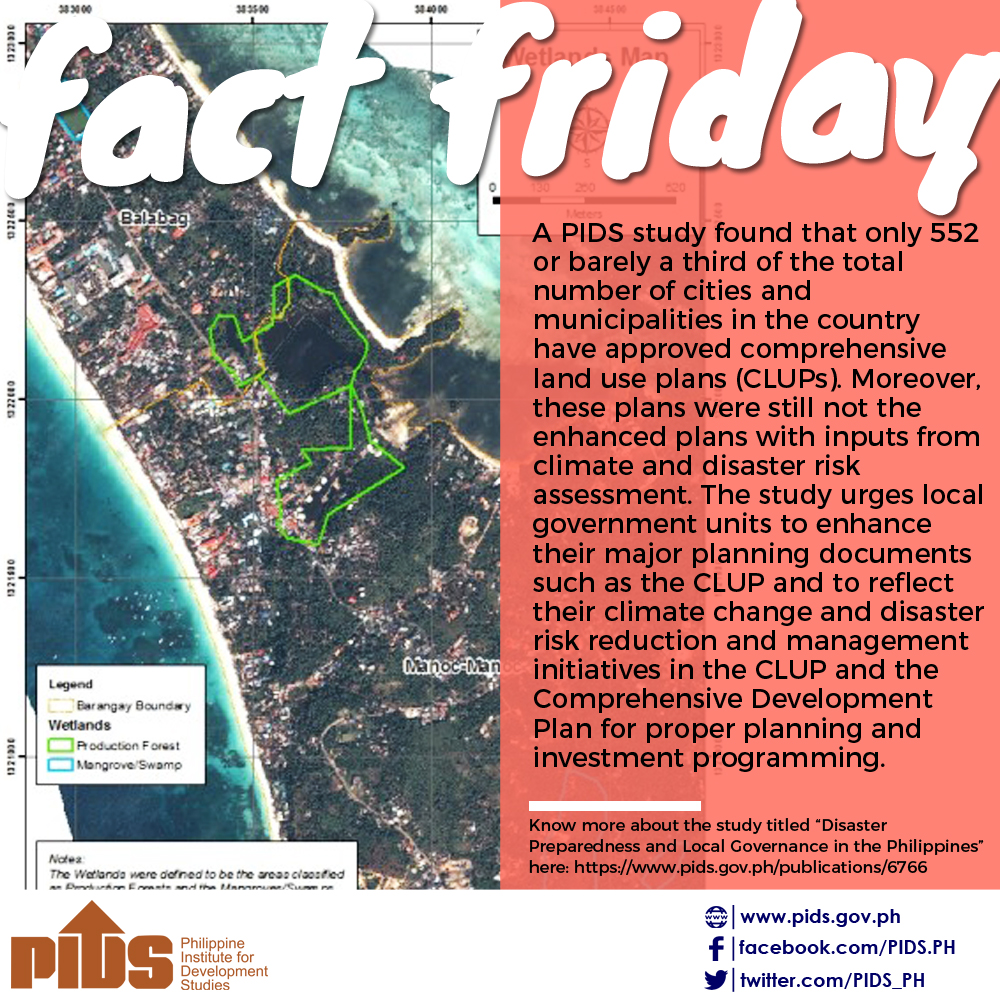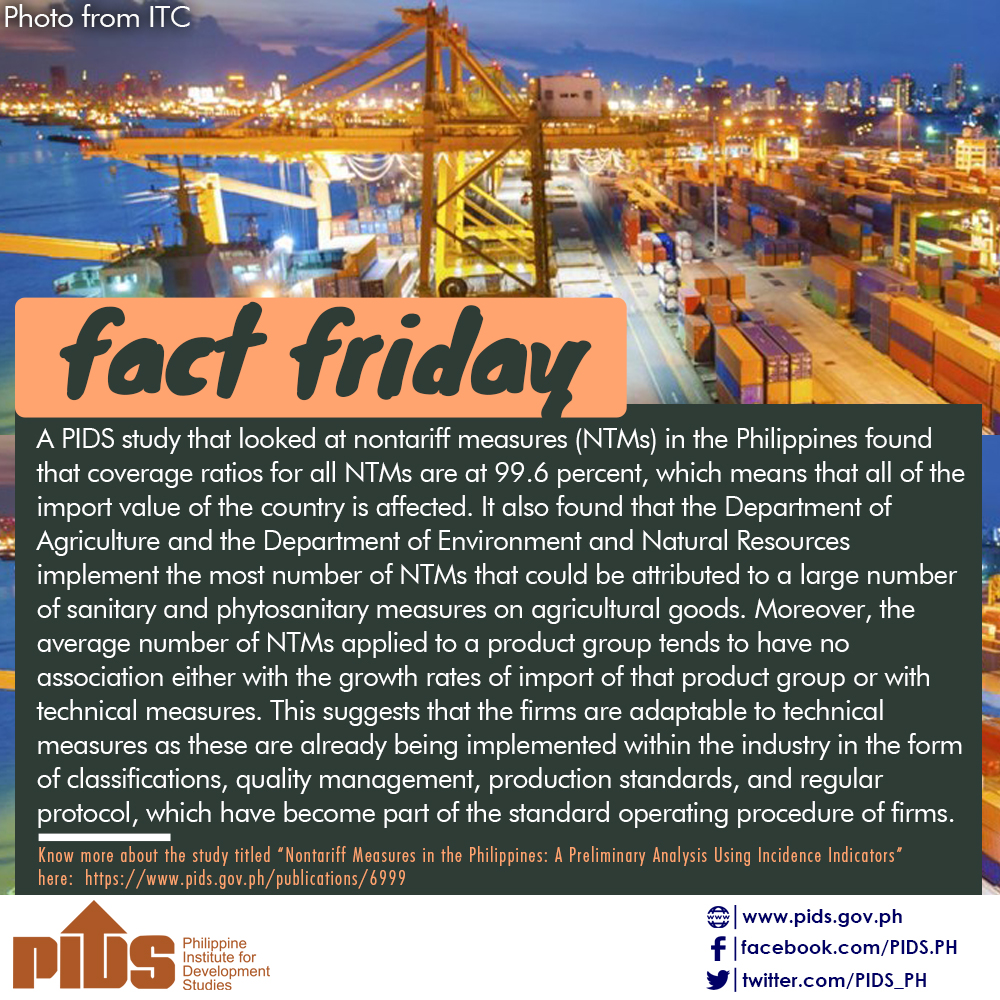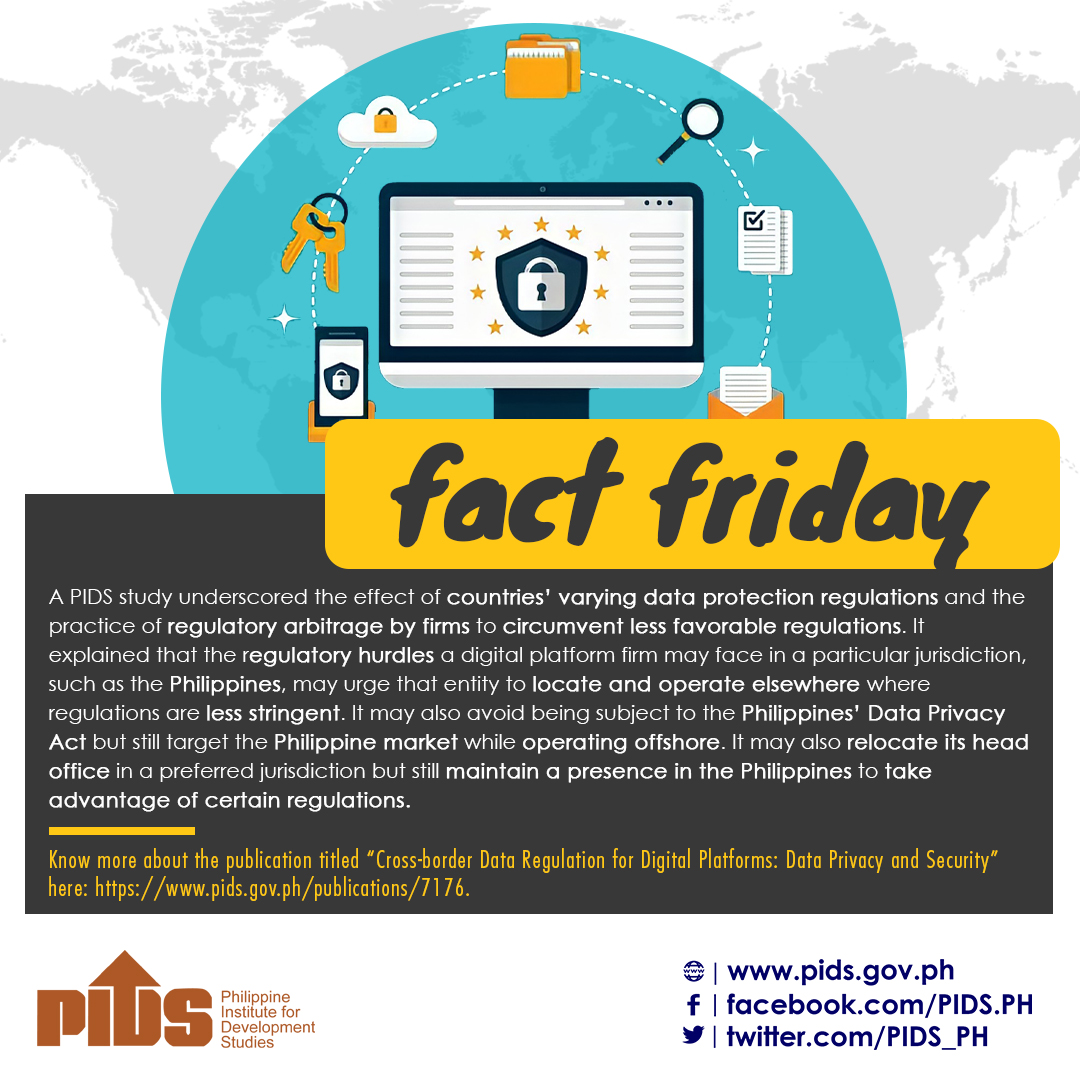São Paulo, Brazil—World Trade Organization (WTO) Director General Roberto Azevêdo on Tuesday joined Asean member-nations in urging countries to reduce nontariff barriers (NTBs) to cut down poverty and improve growth in developing economies, such as the Philippines.
Azevêdo said global trade has been slowing down since 2011 due to various economic challenges, including the proliferation of NTBs across WTO member-countries.
He expects global trade this year to accelerate a little to a 2.4-percent growth, from last year’s roughly 1.3-percent increment, on the back of faster global expansion.
“However, despite this improvement, growth in trade will remain below 3 percent, and this is the sixth consecutive year that it is below 3-percent growth,” he said during his lecture at the opening ceremony of Salão Internacional de Avicultura e Suinocultura here.
“That is unprecedented since the World War II. In this period of slow growth, we need to be careful in addressing economic challenges that are accompanied by political challenges,” he said.
The WTO director general noted that there has been a growing antiglobalization sentiment across developing countries. “Many people feel that advances in global economic trade, such as in technology, only benefited some at the expense of others. It is true, this trend is more visible in the developed countries, in the advanced central economies. This dissatisfaction [on free trade] is growing around the world.
Azevêdo pointed out that developing countries maintain a protectionist approach in trade, particularly when it involves their respective agriculture sectors. Azevêdo noted that these countries seek to be less dependent on imported goods and focus more on improving their domestic production as a way to improve the lives of their rural population.
“It is worth remembering that the adoption of more trade barriers do not help overcome domestic issues; the results are quite opposite. The trend to solve internal problems by closing barriers does not help boost employment. This trend creates more problem than solve any,” he said.
“In case of food trade, things are complex because products themselves are extremely sensitive. The discussions involve concerns about guaranteed supply control, social tension, domestic migratory flows, and despite these considerations the risks of trade barriers in the food segment is extremely clear,” he added.
Azevêdo said nontariff measures (NTMs) should be scientifically based and should be anchored on international standards so as to avoid NTMs into becoming NTBs to trade.
Azevêdo noted that some of NTMs imposed by WTO member-countries, such as protection to human health, animal health and preservation of natural resources, are legitimate because of scientific bases.
“The works done by international organizations are important for the industry to understand. The works at Codex [Alimentarius Commission] and the OIE [World Animal Health Organization] are established standards that are very important and these are the rules to anchor the work of, and the rules of, WTO,” he said.
“It is important that [member-countries] participate in all of that and not look into these things as technical issues as not valuable and do not have consequences. They have huge consequences,” he added.
NTMs are based on science, such as sanitary and phytosanitary (SPS) measures that are put in place to prevent disease and infestation, and protect the country’s livestock and flora and fauna. But these NTMs can become NTBs if they could cause disruption in trade, such as increasing the costs of goods being traded.
The Philippine Institute for Development Studies (Pids) distinguishes between NTMs and NTBs in goods trade. NTBs do not necessarily imply illegitimate measures, nor are intended to have unnecessary restrictive implications on trade, as the WTO even allows some form of NTMs in some circumstances. Not all NTMs are seen as “trade discriminatory” or “trade restrictive”, the PIDS pointed out.
According to the government think tank, some NTMs even encourage trade, as it bolsters consumer protection and strengthens certification. NTMs that are implemented with protectionist aims, however, are considered NTBs.
A PIDS study noted that, while tariffs have been near zero in Asean, a rising trend has been noted in the use of NTMs.
“To be sure, a majority of these NTMs are intended for justified reasons, such as sanitation and health, environment, security and consumer protection,” read the study, titled “Review of Intra-Asean Nontariff Measures on Trade in Goods”.
“However, there are also legitimate concerns that these NTMs are effectively mainly NTBs, which are more protectionists in nature,” it added.
In April, during the 30th Asean summit, the Philippines supported the call of Asean leaders to reduce NTBs, which have hindered the expansion of trade in Southeast Asia, according to Trade Secretary Ramon M. Lopez.
Lopez affirmed the commitment of the Philippines to cut NTMs and NTBs, saying there should be guidelines or parameters in imposing these measures.
However, Lopez noted that sanitary and phytosanitary measures—a type of NTM that is usually imposed by Asean countries—are necessary to ensure the safety of consumers.
For his part, Agriculture Secretary Emmanuel F. Piñol said the government must first prepare “vulnerable economic sectors” before considering the removal of NTBs, such as import caps.
“I believe in fair trade [but] I also believe in empowering our agriculture and fisheries sector to prepare them for tough competition,” Piñol told the BusinessMirror in April.
Asean leaders had agreed to become more transparent in implementing NTMs and to reduce technical barriers to trade. “We strongly encouraged Asean to continue strengthening public- and private-sector engagement, promoting transparency of nontariff measures, streamlining and simplifying customs procedures, trade regulatory regimes and reducing technical barriers to trade while ensuring quality and building confidence in Asean products,” their statement read.
Azevêdo said global trade has been slowing down since 2011 due to various economic challenges, including the proliferation of NTBs across WTO member-countries.
He expects global trade this year to accelerate a little to a 2.4-percent growth, from last year’s roughly 1.3-percent increment, on the back of faster global expansion.
“However, despite this improvement, growth in trade will remain below 3 percent, and this is the sixth consecutive year that it is below 3-percent growth,” he said during his lecture at the opening ceremony of Salão Internacional de Avicultura e Suinocultura here.
“That is unprecedented since the World War II. In this period of slow growth, we need to be careful in addressing economic challenges that are accompanied by political challenges,” he said.
The WTO director general noted that there has been a growing antiglobalization sentiment across developing countries. “Many people feel that advances in global economic trade, such as in technology, only benefited some at the expense of others. It is true, this trend is more visible in the developed countries, in the advanced central economies. This dissatisfaction [on free trade] is growing around the world.
Azevêdo pointed out that developing countries maintain a protectionist approach in trade, particularly when it involves their respective agriculture sectors. Azevêdo noted that these countries seek to be less dependent on imported goods and focus more on improving their domestic production as a way to improve the lives of their rural population.
“It is worth remembering that the adoption of more trade barriers do not help overcome domestic issues; the results are quite opposite. The trend to solve internal problems by closing barriers does not help boost employment. This trend creates more problem than solve any,” he said.
“In case of food trade, things are complex because products themselves are extremely sensitive. The discussions involve concerns about guaranteed supply control, social tension, domestic migratory flows, and despite these considerations the risks of trade barriers in the food segment is extremely clear,” he added.
Azevêdo said nontariff measures (NTMs) should be scientifically based and should be anchored on international standards so as to avoid NTMs into becoming NTBs to trade.
Azevêdo noted that some of NTMs imposed by WTO member-countries, such as protection to human health, animal health and preservation of natural resources, are legitimate because of scientific bases.
“The works done by international organizations are important for the industry to understand. The works at Codex [Alimentarius Commission] and the OIE [World Animal Health Organization] are established standards that are very important and these are the rules to anchor the work of, and the rules of, WTO,” he said.
“It is important that [member-countries] participate in all of that and not look into these things as technical issues as not valuable and do not have consequences. They have huge consequences,” he added.
NTMs are based on science, such as sanitary and phytosanitary (SPS) measures that are put in place to prevent disease and infestation, and protect the country’s livestock and flora and fauna. But these NTMs can become NTBs if they could cause disruption in trade, such as increasing the costs of goods being traded.
The Philippine Institute for Development Studies (Pids) distinguishes between NTMs and NTBs in goods trade. NTBs do not necessarily imply illegitimate measures, nor are intended to have unnecessary restrictive implications on trade, as the WTO even allows some form of NTMs in some circumstances. Not all NTMs are seen as “trade discriminatory” or “trade restrictive”, the PIDS pointed out.
According to the government think tank, some NTMs even encourage trade, as it bolsters consumer protection and strengthens certification. NTMs that are implemented with protectionist aims, however, are considered NTBs.
A PIDS study noted that, while tariffs have been near zero in Asean, a rising trend has been noted in the use of NTMs.
“To be sure, a majority of these NTMs are intended for justified reasons, such as sanitation and health, environment, security and consumer protection,” read the study, titled “Review of Intra-Asean Nontariff Measures on Trade in Goods”.
“However, there are also legitimate concerns that these NTMs are effectively mainly NTBs, which are more protectionists in nature,” it added.
In April, during the 30th Asean summit, the Philippines supported the call of Asean leaders to reduce NTBs, which have hindered the expansion of trade in Southeast Asia, according to Trade Secretary Ramon M. Lopez.
Lopez affirmed the commitment of the Philippines to cut NTMs and NTBs, saying there should be guidelines or parameters in imposing these measures.
However, Lopez noted that sanitary and phytosanitary measures—a type of NTM that is usually imposed by Asean countries—are necessary to ensure the safety of consumers.
For his part, Agriculture Secretary Emmanuel F. Piñol said the government must first prepare “vulnerable economic sectors” before considering the removal of NTBs, such as import caps.
“I believe in fair trade [but] I also believe in empowering our agriculture and fisheries sector to prepare them for tough competition,” Piñol told the BusinessMirror in April.
Asean leaders had agreed to become more transparent in implementing NTMs and to reduce technical barriers to trade. “We strongly encouraged Asean to continue strengthening public- and private-sector engagement, promoting transparency of nontariff measures, streamlining and simplifying customs procedures, trade regulatory regimes and reducing technical barriers to trade while ensuring quality and building confidence in Asean products,” their statement read.

